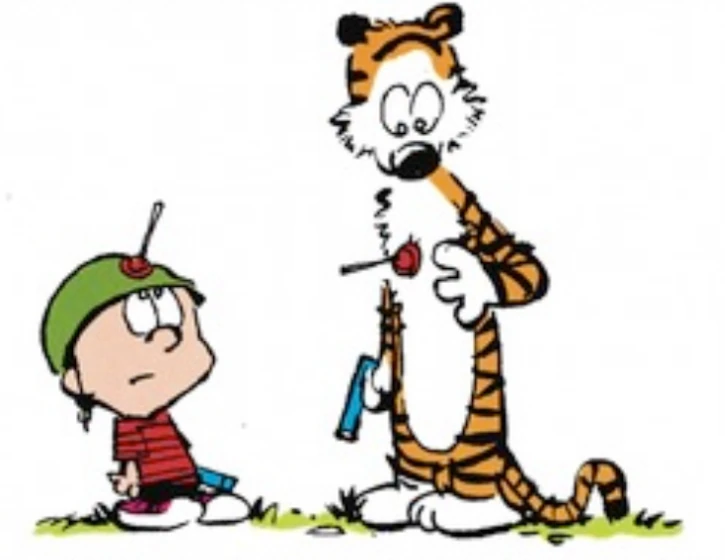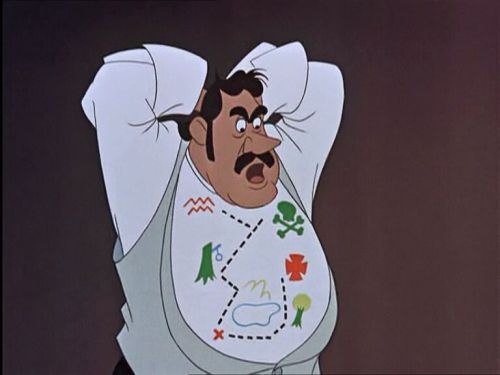*Pause for major life changes*
AAAAAAAAAAAaaand we’re back.
Hi there! Thank you
for joining me once more. A lot has occurred
in the time that I’ve spent away. One
day I’ll talk about it here. It’s on my ever-growing
list titled: “Things That Really Are Important
to Me, and One Day I Swear I’m Going to Get to Them, but Not Today Because I am
So Very Tired, and I’d Rather Eat Junk and Go to Bed Early. So, Tomorrow Probably,
or Maybe Not.” When I do, rest assured
that it will be an eloquent summary of my innermost processing of topics that
are highly relevant and connected to my purpose here both big and small.
BUT! Not today! Today is for venting! Today is shouting my pain into the
internet. (You know, the place it’s
supposed to go).
Today, like so many days in recent history, I find myself
growing frustrated and impatient with adults.
This may seem easy to do, because there are so many adults that are
truly garbage humans. There are also so
many adults that are trying their best, and they mean well, but are just tripping
and falling all over this thing called life.
Let me be clear, my frustration and lack of patience is not for these
obvious targets. I have a surprising amount
of compassion for those diverse classes of people.
My frustration and intolerance grows evermore for the “educated”
and “enlightened” adult. The adult who
doesn’t think they know better. The adult who knows they know better because they are the grown-up, and they
learned about things in school or from their healthy upbringing. I am starting to believe that these people
are more dangerous than those with obvious challenges and inadequacies. We tell ourselves and our children that we
can trust these idiots. Yet, they lead us so continually astray.
Where is this coming from?
Thanks for asking.
So many many places.
But, today, in particular, I found myself sitting with a 10-year-old
Sad kid. This is a child that has been
through so much, and really needs the universe to give them a substantial
hug. This kid is sad. This kid has every right to be sad. This kid is not disruptive. This kid is quiet, and hopeless. This kid does not feel that they can ask
questions or advocate for themselves.
Sad. You get the picture.
We are sitting together playing with slime (as you do)
and this child spontaneously declares “my music teacher and I have a plan!”
“Oh yeah?” I respond with curiosity and naïve hope.
“Yep!” Kiddo pipes up. “If I have a good week, he has this
plushy that has these squishy things in it, and he said I could have it.”
“Wow!” I join in kiddo’s excitement. “What exactly is a good week though?”
I’m asking because I
want this kid to realize that “good” is a value statement, and it has no
specific expectations, or concrete information, for anyone. “Good” is vague, and confusing, and means
different things to different people. What
I consider to be “good,” can be very different from what the music teacher
considers to be “good,” and it likely is very different form what the math
teacher considers to be “good.” This is
confusing to kids (and me quite frankly) who are constantly looking around for
some sign of what we want from them.
“It means, if I don’t get upset, and don’t use the cool down
space,” kiddo clarifies.
*Here’s where I go off the rails*
For a whole week?! The
expectation is that this child does not get upset for a whole week of music
lessons, otherwise it’s not “a good week?” Also, we’re rewarding a week in which this
child does not use the identified “cool down space?”
Step One: Don't get Upset
Step Two: if you happen to get upset (which you weren’t
supposed to do), stifle it so that you can stay in class and not use the space
we tell you is for going when you are upset.
Maybe you think I’m over reacting, and admittedly I am
exaggerating my response some. I assume
that this adult was well-intentioned. I assume that he meant to encourage the
child to feel happy and participate in class.
I assume the best intentions. It’s
this assumption, however, that makes me angry. By attempting, in this way, to
encourage happiness, this grown up is
saying, uncomfortable feelings are to be discouraged, and doing something that
tells me you are upset is not to be rewarded.
This is the message we all say to kids. We are saying, we
want you to feel happy. We are saying,
if you are unhappy, you are doing the undesirable. You do not get a reward if you feel something
other than happy. Ignoring for a moment that the upset feeling itself is a lack
of reward. Ultimately, what this boils down to is a message that unpleasant emotions
in other people make us feel uncomfortable, and therefore we must discourage
their safe and appropriate expression at all costs.
Earlier this year I was talking to a 7-year-old who screamed
at me and called me names. He shouted, for
all the world to hear, “you’re not making me feel better!” He was angry, and I wasn’t taking that away from
him. How did I respond?
I sat down. I
sighed. I said, “that’s not my job Friend.”
He persisted. He believed it was my job to make him feel better. I was there for him because he
felt “bad.” What was I doing if I wasn’t
fixing it?
I validated that
belief and his anger, and I explained “you get to be mad. It is normal to be
mad, and sad, and all other feelings you can think of. That’s normal. My job is not to take that from
you. My job is to help you know what to
do with it when your feelings are so big that you don’t know what to do. My job is to help you learn what to do with big
feelings that are uncomfortable feelings.”
That’s our job folks. It’s not just my job. I can’t do it
alone. It's for everyone. We have to manage ourselves, and to ask for
help when we can’t. It’s our job to know
our needs and to tend to them so that we don’t take them out in ways that are
unhealthy and disruptive and make us feel worse.
We send these messages so early on that what we want from
others is for them not to be anything other than “good” or “happy.”
“No more crying.”
“Don’t get mad if it doesn’t work.”
“There’s nothing to be scared of.”
Your feelings matter less than mine.
We want you to feel an emotion that doesn’t make us
uncomfortable. That’s what we will reward. When you don’t, we’ll shame you and
wonder why you didn’t make the right choice.
We’ll wonder what happened in your life that made it, so you turned out
to be one of those garbage people or those well-meaning adults who just can’t
get it together. “What’s wrong with
them?” We’ll ask ourselves, blaming you for the problems you have or cause.
The “functional”, “successful,” “educated”, and “enlightened”
members of society will scream into the void at the traumas of the world and
blame these people for not knowing how to behave in the ways that we told them
all along they needed to. We will do
anything we can to avoid looking inward and identifying how we contributed to
it.









